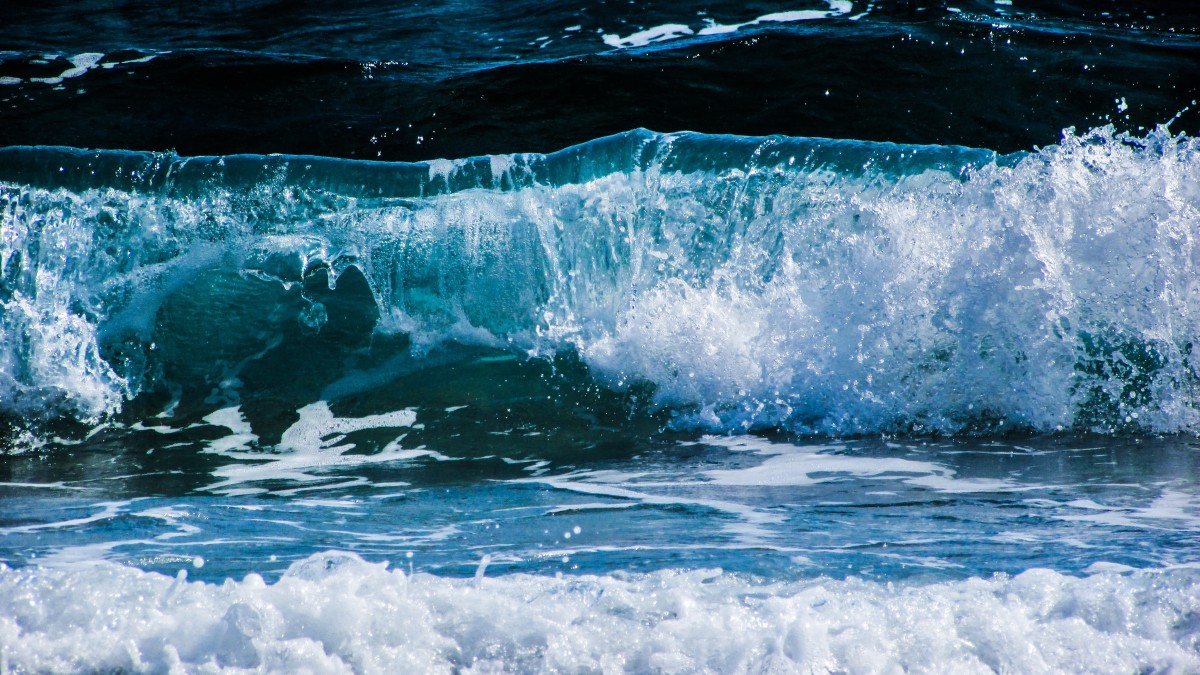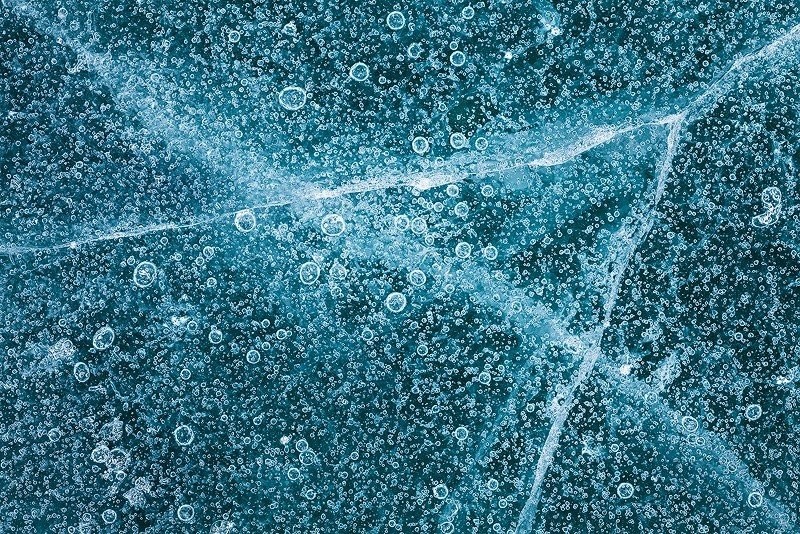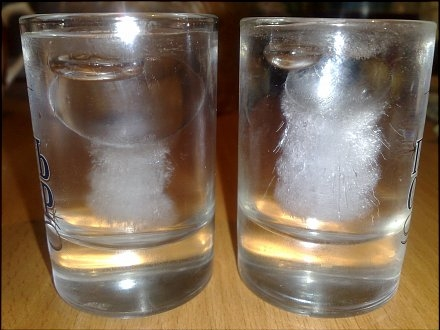Sea water has an unpleasant bitter-salty taste, which is why it is impossible to drink it. However, it is not the same in all seas. Many are interested in what the salinity of water depends on, and experts find many explanations for this.
The water in all the seas on the planet has a different composition. Salinity, which is measured in ppm, depends on the geographical location of water bodies. According to experts, the further north the sea is, the higher this figure. Consequently, the seas and oceans of the southern part of the planet are less salty.
However, there are exceptions to any rule - the water in the oceans is much saltier than in the seas, and regardless of the region. Researchers do not give explanations for such a geographical division. Perhaps the answer lies at the very beginning of the development of life on our planet?
It is known that the salinity of water is influenced by:
- sodium chlorides;
- magnesium chlorides;
- other salts.
Probably, certain areas of the earth's crust are rich in deposits of such substances, in contrast to neighboring regions. Although such an explanation is rather fragile: if you take into account the factor of sea currents, the salinity level should have leveled off sooner or later.
Causes of high salinity
Scientists put forward several theories that explain this phenomenon. Some argue that the increased amount of salt is the result of the evaporation of the water of the flowing rivers. Others are supporters of the theory that explains the high salinity by washing out stones and rocks. And some associate this composition of water with active volcanoes.
To many, the hypothesis that claims that an increased amount of salt in the sea appears with the water of the rivers flowing into it may seem strange. Nevertheless, any river moisture contains salt. Of course, it is much less than, say, in any ocean.
Therefore, when a river enters the sea, its composition is desalinated. But after the evaporation of river water, salt remains in the reservoir. Of course, the amount of river impurities is small, but given that the process lasts millions of years, a lot of them have accumulated in sea water. They settle at the bottom, forming huge rocks and boulders there for thousands of years. But the sea current is very strong - it can destroy any stones. This process is quite long and constant. By the way, it is he who is the culprit of the bitter taste of sea water.
Explanations that indicate what the salinity of sea water depends on include the presence of underwater volcanoes. Periodically, they emit a large amount of various substances, including salts.
Volcanoes were very active during the formation of the Earth. They released acids into the atmosphere. It is assumed that due to frequent acid rain, the water in the seas and oceans was initially acidic. However, when interacting with magnesium, calcium or potassium, salts were obtained. It was in this way that the water acquired its usual salinity.
There are other assumptions, which include:
- Salt-bearing winds.
- Soils that, passing water through themselves, enrich it with salts and throw it into the ocean.
- Salt-forming minerals that, while under the ocean floor, penetrate through hydrothermal vents.
Which sea is the saltiest
Sea water is perhaps the most abundant substance on Earth. Many people associate a full and healthy vacation with warm waves and sunny beaches. As mentioned above, all reservoirs have their own mineral composition. But which of the seas is the most salty?
Scientists have come to a consensus that this is the Red Sea. The composition of one liter of its water includes 41 g of salts. Compared to other reservoirs, this is a very high figure. For example, in the Mediterranean Sea it is 39 g, much less salt in the Black Sea -18 g, and in the Baltic even less - only 5 g. But in the water of the oceans it is 34 grams.
Why is the sea salty: Video
Read also
 The composition and benefits of sea water for humans
The composition and benefits of sea water for humans
 Water is the source of life in the cell
Water is the source of life in the cell
 How and why water freezes
How and why water freezes
 What is the specific heat of vaporization and how to determine it
What is the specific heat of vaporization and how to determine it
